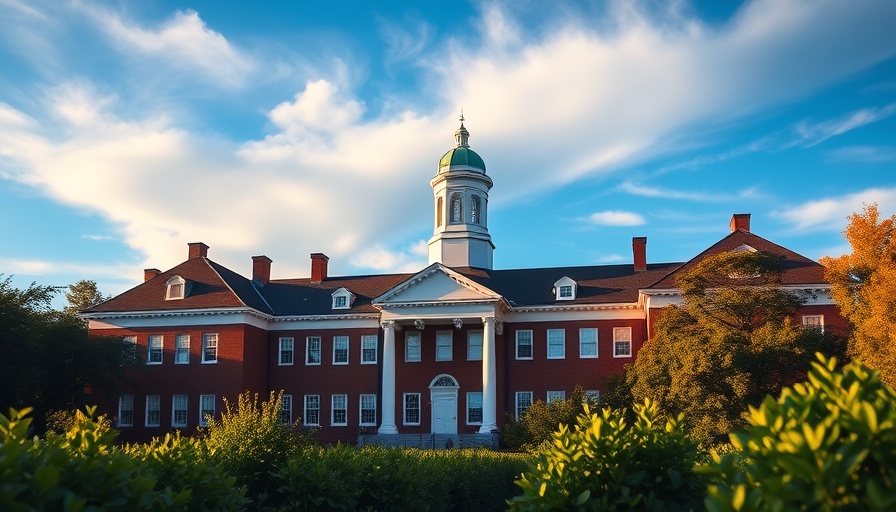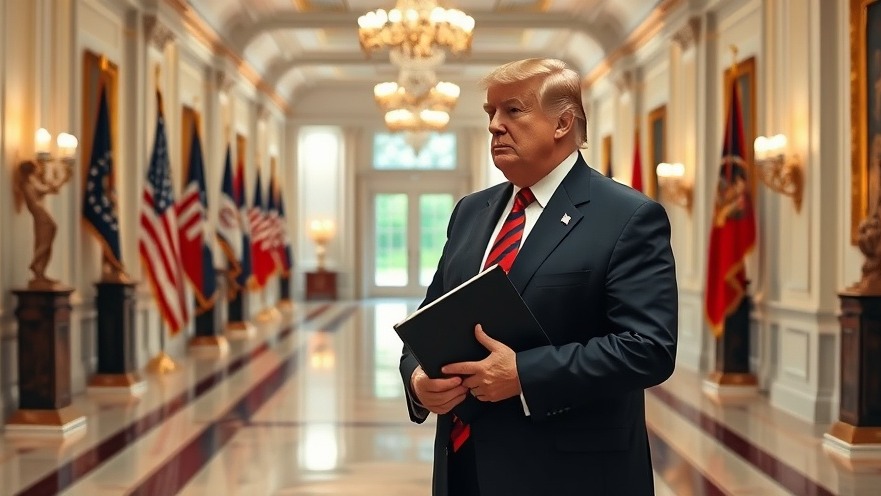
A Crucial Showdown: Harvard vs. The Trump Administration
In an unprecedented clash, Harvard University and the Trump administration are set to face off in a federal court in Boston. This highly anticipated hearing, scheduled for Monday, could redefine the contours of higher education funding and government involvement in it. Both parties are vying for summary judgment, a legal move that could allow the judge to make a ruling without the need for a drawn-out trial. Harvard argues that the Trump administration is violating its First Amendment rights by withholding billions in federal research funds, a sentiment echoed by numerous educational institutions and civil rights advocates across the country.
Unpacking the Core Issues: Federal Funding and Academic Independence
The dispute arises from growing tensions between the government and elite universities regarding academic freedom and federal support. Harvard contends that the reduced funding interferes not only with its financial autonomy but could also have broader implications for public education across America. The university’s stance highlights a critical point: the protection of institutional independence against governmental overreach. This lawsuit may not only shape Harvard’s future but also serve as a precursor for similar cases involving other universities in the U.S.
The First Amendment and Higher Education: A Fundamental Right or a Political Tool?
At the heart of Harvard's argument lies the assertion that governmental actions infringe upon its First Amendment rights, an issue that could set a national precedent. Legal experts are closely monitoring how Judge Allison D. Burroughs addresses this pivotal concern during the hearing. They argue that if the courts uphold Harvard’s claims, it could reinforce the idea that academic institutions can engage freely in research and discourse without undue political influence. Throughout US history, educational institutions have often been battlegrounds for free speech; what happens in this case could either bolster those rights or weaken them going forward.
Implications for the Future of Higher Education in America
The implications of this hearing extend beyond Harvard, potentially affecting student funding, research initiatives, and how universities operate in relation to federal policies. If the Trump administration's actions are deemed unconstitutional, it could pave the way for a new understanding of federal aid and its relationship with academic freedoms across all universities. Stakeholders are advised to consider how these developments might influence funding models and educational policies next academic year as the outcome could reshape institutional relations with the federal government.
Civic Engagement and Public Opinion: Higher Education at the Forefront
Public perception of this legal battle plays a crucial role in its outcome. As national discussions regarding the role of universities in societal issues like equality, race, and political engagement intensify, the court’s decision may sway public opinion one way or another. For many, Harvard symbolizes elite privilege and power in academia, while others view it as a defender of academic freedom against a potentially authoritarian government. This dichotomy sheds light on the broader narrative of education in America today, emphasizing the growing political polarization surrounding it.
Next Steps and Broader Context: Where Do We Go From Here?
As the case unfolds, it will be essential for citizens to stay informed about its implications on their education systems and personal freedoms. Advocacy groups and educational organizations will be eagerly following the developments to gauge how they might impact funding, admissions, and other critical aspects of university operations. A ruling in favor of Harvard could invigorate fundraising efforts at similar institutions, while a decision for the Trump administration might lead to further scrutiny and financial instability within the realm of higher education.
The hearing on Monday might shape the landscape of U.S. higher education funding for years to come. For those interested in the evolving dynamics of education, politics, and freedom of speech, this case is a significant point of interest.
 Add Element
Add Element  Add Row
Add Row 



Write A Comment